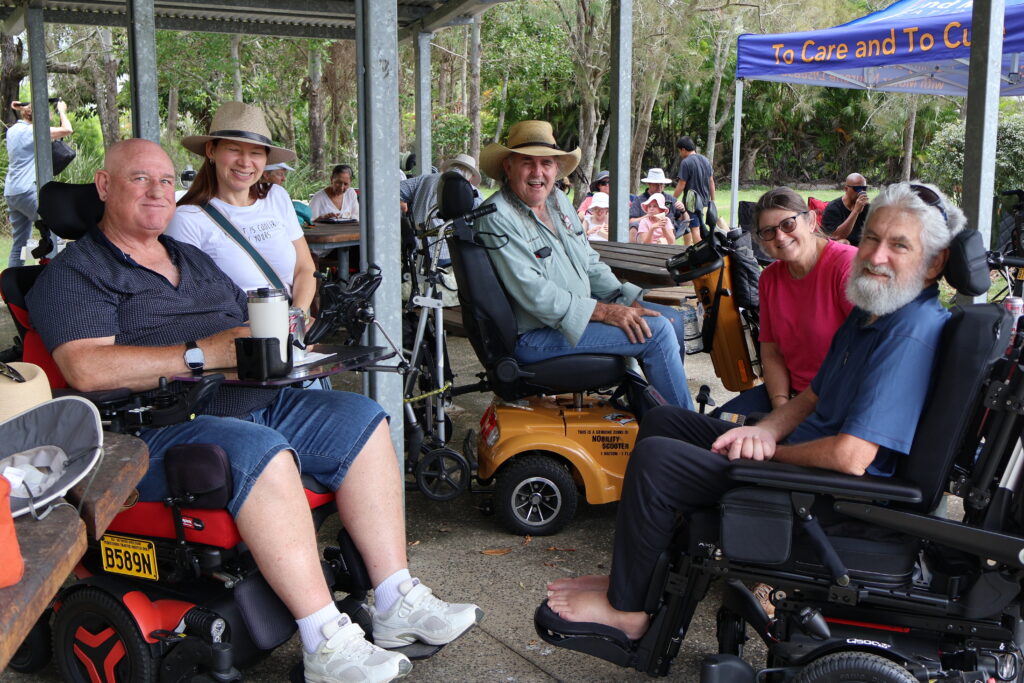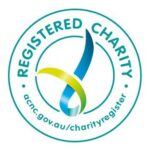Home | What is MND? | What is MND?
What is MND?
Motor Neurone Disease is the name used to describe a group of diseases in which the nerve cells (neurones) in the brain and spinal cord progressively die. As the neurones die, the messages sent from the brain to muscles aren't being received, impacting on ability to move, eat, speak, swallow and eventually breathe. In some countries, MND is known as Amyotrophic Lateral Sclerosis (ALS), and in the US, it is also called Lou Gehrig’s disease.
Facts and figures
Globally, it’s estimated over 400,000 people are currently living with MND.
In Australia, at any one time, around 2,100 people are living with MND.
About 10% of cases run in the family (familial), the remaining 90% of cases are sporadic.
Each day in Australia two people die from MND and another two people are diagnosed.
The average life expectancy of a person diagnosed with MND is 2.5 years.
There is no effective treatment for MND and it can strike anyone at any time.
A cure for MND is yet to be found.
There are slightly more men than women diagnosed with MND, and most commonly they are in the 50-60 year age group.
What causes Motor Neurone Disease?
There are many theories about the causes of MND. Theories include genetic and environmental triggers, as well as ageing of motor neurones. Ongoing research throughout the world is looking for causes.
In 80-90% of cases of MND, the causes unknown. In the other 10-20% of cases a genetic mutation is the cause of the disease, referred to as “familial MND”.
Just because someone in your family has had MND, does not mean that you will develop it. Generic counselling and testing is available.
Signs and symptoms
In MND, no one person is the same – symptoms and the rate of progression differ from person to person.
Early signs of physical problems or other symptoms of MND can be mild at first. Symptoms may include stumbling due to weakness of the leg muscles, difficulty holding objects due to weakness of the hand muscles, or slurring of speech and swallowing difficulties due to weakness of the tongue and throat muscles. Where the weakness in the body starts depends on which motor neurones are affected first.
How is MND diagnosed?
There is no single test for the diagnosis of MND.
If the general practitioner suspects that there is a neurological problem, they may refer the person a neurologist.
Neurologists look for clinical signs when examining a patient, evidence of gradual progression and worsening of symptoms over time, and they use nerve conduction studies and electromyography tests to assist with the diagnosis.
Because a lot of other neurological conditions can look similar to MND, neurologists also need to ‘rule out’ other potential diagnoses before confirming a diagnosis of MND. Confirmation of diagnosis of MND takes on average, 10 to 18 months from symptom onset.

Types of MND
Motor Neurone Disease causes a range of symptoms. You may be diagnosed with a type of MND based on how your symptoms present to doctors and other health professionals.
The term MND is used as an umbrella term to help describe the different types, or the “family of motor neurone diseases”. The differences are mainly to do with what parts of the body are affected, and how the disease progresses. The four main types of MND are described below. Each type is not a completely different disease, but rather a different form.
Over time, as symptoms and the rate at which they progress become clearer, your diagnosis may be reviewed and changed to another type.
Amyotrophic Lateral Sclerosis (ALS)
ALS is the most common form of MND and affects both upper and lower motor neurones. ALS is characterised by muscle weakness and stiffness and over-active reflexes.
Progressive Bulbar Palsy (PBP)
Like ALS, PBP affects both upper and lower motor neurones but usually affects speech and swallowing muscles first. PBP often presents as slurring of speech or difficulty swallowing. Over time, PBP spreads to affect other muscle groups in the body, such as the arms and legs.
Progressive Muscular Atrophy (PMA)
Primary Lateral Sclerosis (PLS)
PLS is very rare and affects only the upper motor neurones. PLS can present in similar ways to other types of MND. Initial symptoms of PLS can vary, but may include problems with balance, stiffness and weakness of muscles (particularly in the legs), slurring of speech, muscle spasms and cramps.
What changes to expect
Symptoms vary person to person and they progress at different rates. Not all people will display these symptoms but you may notice:
- Stumbling, unsteadiness or dragging of foot
- Slurred speech
- Difficulty holding objects
- Weight loss
- Fatigue


